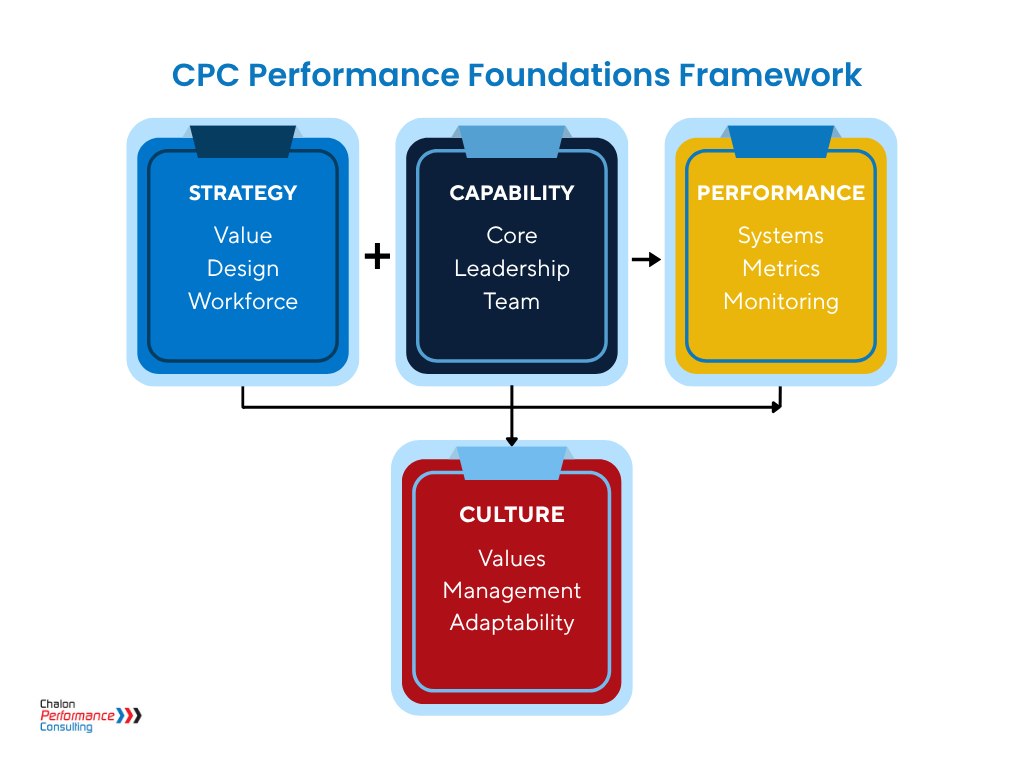Previously, companies assumed their ‘ultimate purpose’ as ‘serving the needs of the shareholders. Even the U.S Business Roundtable issued the “Statement on the Purpose of a Corporation” in August 2019, which says “a corporation exists for the benefit of all stakeholders”. When the Roundtable came to the realization that no one sector is the emphasis of business objective (in the aftermath of the Global Financial Crisis of 2007–2008), they shifted their position. Kenny believes that the ‘stakeholder-focused purpose’ approach has a significant impact in conducting strategic planning; that your strategy should reflect your corporate purpose.
As further evidence of the role of Purpose, Australia’s biggest company by market capitalisation, BHP, positioned “to create long-term shareholder value through the discovery acquisition, development, and marketing of natural resources” in 2017. Their corporate purpose emphasised shareholders only. In 2019, BHP widened its purpose statement: “to bring people and resources together to build a better world.” Eventually, the business supported a much wider range of stakeholders and tracked its effects on them.
In Kenny’s experience consulting with companies, he found that the workforce is generally skeptical of “management fads”. Therefore, he believes that companies should be aware of that in their strategic planning. Deloitte’s findings proved that businesses with a clear purpose outperform those without, and this discovery requires immense effort, especially from the executives. Kenny noted a ‘partial’ list of tasks addressed to company leaders to help them reflect their corporate purpose in their strategy:
Educate your staff about your stakeholder’s needs.
Employees stuck in the old way of thinking about “maximizing shareholder value” find it difficult to adapt, particularly those in the financial sector. There are also repercussions for organizational culture in this.
Broaden participation in the corporate strategic planning process.
When you understand how crucial important stakeholders are to the design of your strategy, it only makes sense to engage them as often as possible in the process.
Ensure your corporate purpose is executed via a detailed strategy.
Many companies realized that a firm will suffer substantial damage if its corporate goal is not carried out. Many companies are failing in this area.
Success must be evaluated in many more ways than in the past, and leaders must assist staff in developing a stakeholder attitude and increasing their involvement in strategy development. Companies with a purpose are here to stay. Corporate strategy planning processes therefore must incorporate developing sound purpose statements.
We can help further develop your corporate strategy so it mirrors your purpose. Let’s discuss.














